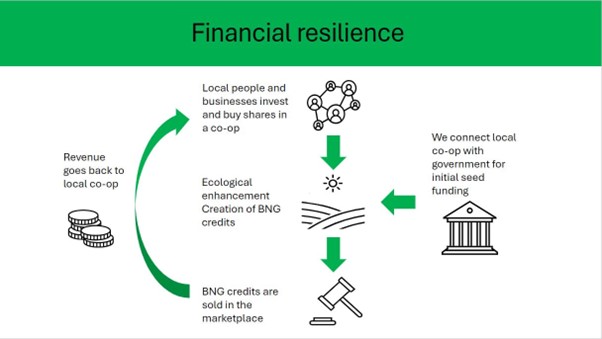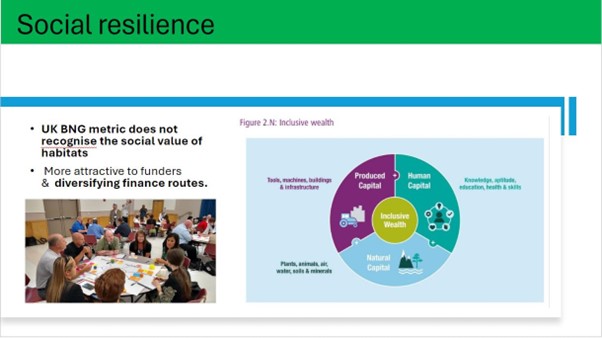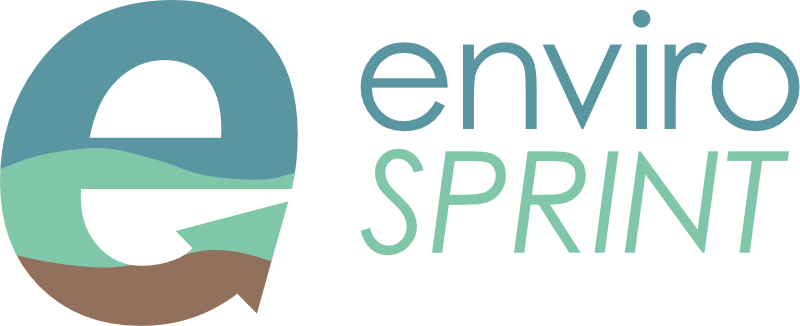Team 2A 2024: Growing BNG from the ground up
BNG Credits, or Biodiversity Net Gain Credits, are a market-based mechanism aimed at enhancing biodiversity. They function by requiring developers to compensate for the environmental impact of their projects. When development reduces biodiversity, developers can purchase BNG Credits, which fund conservation efforts elsewhere to achieve a net gain in biodiversity. These credits support projects that restore or create habitats, ensuring that overall biodiversity improves despite development. This approach encourages sustainable development and incentivises investment in conservation, balancing economic growth with environmental stewardship.
The problem
Whilst BNG credits should promote biodiversity, as this is a relatively new development there are a number of shortfalls:
Standardized delivery
Whilst the UK has a metric for measuring BNG, there’s no solid consensus between organisations on how BNG sites should be implemented, individual organisations have their own frameworks and procedures.
Standardized monitoring
How do we measure biodiversity? Whilst we could survey every organism in an area this isn’t very cost-effective. Additionally, the technology we use to look at biodiversity will affect what we find!
High start-up costs
For land developers and BNG deliverers, there’s a huge start-up cost in forming BNG sites. Think about how much it would cost for seeds, landscaping, and employing experts!
No value is placed on social capital
The current UK metric doesn’t account for any social capital derived from nature.
Our solution
To address some of the shortfalls in current BNG delivery, our team has come up with a framework for BNG implementation. We focus our framework on what we’re referring to as “The Three Pillars”.
Financial
To combat the high start up costs and financial risks met by BNG implementers where members of the local community can invest in a BNG site, being paid a portion of the profits from BNG credits upon sale. Not only would this provide initial financial capital to get site development rolling, but it also spreads the economic risk across a larger group of people meaning individual risk is lower.


Ecological
We propose a set programme of ecological monitoring which would be scalable and transferable between BNG sites. Our structure promotes the idea of early community member upskilling in scientific techniques, allowing the gathering of robust scientific data, but also increasing local awareness of nature and its benefits.
Social
Our group felt strongly that BNG could be used as a vehicle for social good. Whilst initial start up would be facilitated by anchor institutions we believe as much power as possible should be divested to local communities who are responsible for the management of these sites. Forming BNG networks, not just from a geographic view, but also from a partnership working perspective would not only allow peer knowledge exchange, but would also enable greater capacity for seed sovereignty and social ownership.

